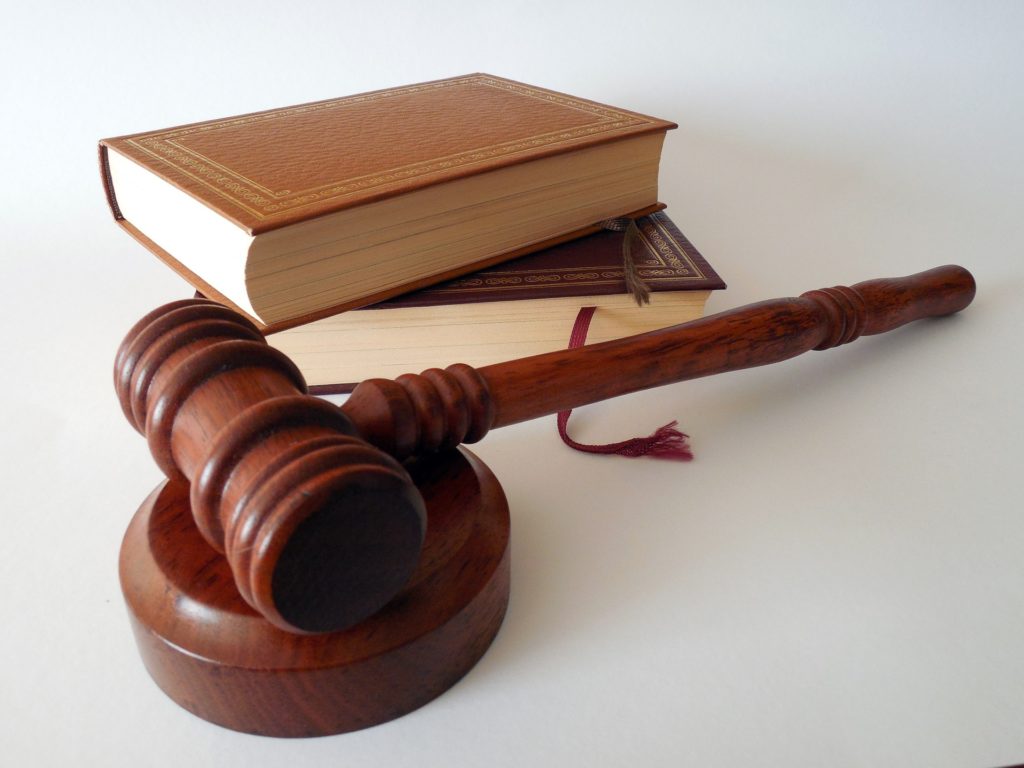False Claims Act litigants are anticipating a decision from the Court of Appeals for the D.C. Circuit in a case concerning the taxation of e-discovery costs in a False Claims Act case. The issue at hand is what costs winning parties can recover related to e-discovery under the federal taxation of costs statute. The decision will have significant implications for qui tam relators who file their cases under the whistleblower provisions of the False Claims Act.
In the case, United States of America ex rel. Harry Barko v. Halliburton Company, KBR filed a bill of costs with the D.C. District Court seeking $58,894.01 in e-discovery costs against Barko. The District Court approved and ordered Barko to pay the full amount. Barko argued before the D.C. Circuit that taxable copying costs associated with e-discovery only include those “actually, and directly, related to the electronic copying of produced discovery documents.” According to Barko, $58,531.60 of the amount requested is not for copying costs. The amount is for costs related to KBR’s e-discovery process, including charges for server hosting fees, labor for searching through prospective discovery documents, and other preparatory steps that occur before the actual copying and production of responsive documents.
This litigation began when whistleblower Harry Barko filed a qui tam False Claims Act case in 2005 against Kellogg Brown & Root (KBR), his former employer. The United States declined to intervene in 2009, and KBR ultimately prevailed at the summary judgment stage in 2017.
Federal Rule of Civil Procedure 54(d)(1) provides for the prevailing party to recover litigation costs from the losing party. However, 28 U.S.C. § 1920 limits this rule and allows “a judge or clerk of any court of the United States” the discretion to tax costs only if those costs fall into one of several enumerated categories, including “the costs of making copies of any materials where the copies are necessarily obtained for use in the case.”
Other circuits have addressed similar issues regarding taxing e-discovery costs and arrived at similar conclusions, which is that 28 U.S.C. § 1920 only covers costs directly related to the electronic copying of produced discovery documents, not the substantially higher costs for other tasks and processes related to the e-discovery process as a whole.
Whistleblower attorney Todd Yoder, an associate at Kohn, Kohn & Colapinto, argued this case on behalf of Mr. Barko before the Court of Appeals on February 6, 2020.
